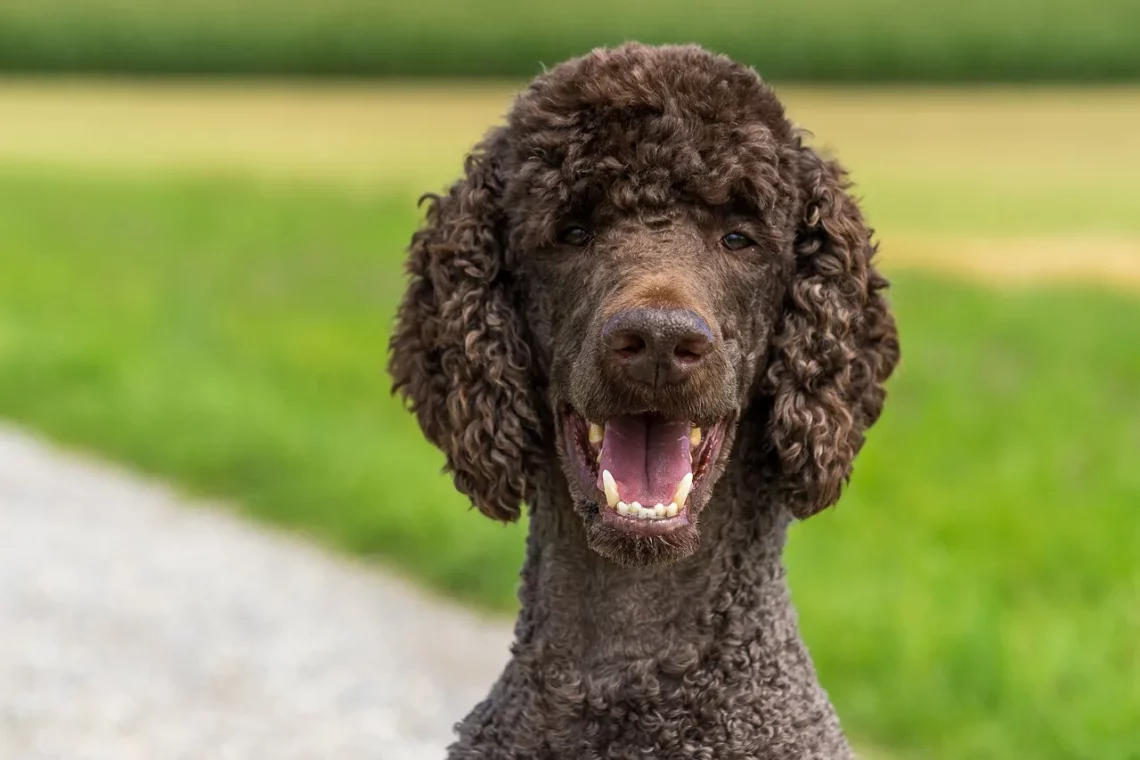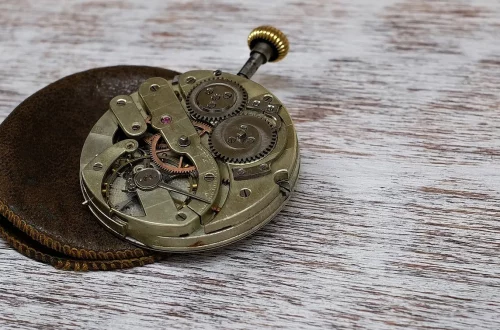
The Allure of Red Poodles: A Guide to Their Care and Personality
Red Poodles are becoming increasingly popular among dog lovers, captivating hearts with their striking appearance and delightful personalities. Their rich, deep red coats are often the first thing that draws attention, but there’s so much more to these dogs than just their beautiful fur. Known for their intelligence and playful demeanor, Red Poodles have quickly established themselves as a favorite breed for families, singles, and seniors alike. Their versatility allows them to adapt to various lifestyles, whether they are frolicking in a park or relaxing on the couch.
These dogs are not only beautiful but also incredibly smart, ranking among the most intelligent dog breeds. This makes them highly trainable and eager to please their owners. However, their intelligence also means they require mental stimulation to keep them happy and healthy. Understanding their unique needs is essential for potential owners, as is appreciating their affectionate nature.
With their charming personalities and elegant appearance, Red Poodles are indeed alluring companions. As you consider adding one of these lovely dogs to your life, it’s important to delve into their care requirements and personality traits to ensure they thrive in your home.
Understanding the Personality of Red Poodles
Red Poodles are known for their vibrant and friendly personalities. They are often described as affectionate, playful, and intelligent, making them ideal companions for families and individuals alike. These dogs thrive on human interaction and are known to form strong bonds with their owners. Their sociable nature means they usually get along well with other pets and children, making them a great choice for households with multiple family members.
One of the standout traits of Red Poodles is their playful demeanor. They have a natural curiosity and love to explore their surroundings. This playful spirit can lead to hours of fun for both the dog and the owner. Engaging in games such as fetch or tug-of-war can be a great way to bond with your Red Poodle and provide the physical exercise they need.
Moreover, Red Poodles are known for their intelligence. They rank highly in terms of trainability, which means that they respond well to commands and enjoy learning new tricks. This intelligence also requires mental stimulation; without it, they can become bored and potentially develop undesirable behaviors, such as chewing or excessive barking. Incorporating puzzle toys and interactive games into their routine can help keep their minds sharp and engaged.
Their affectionate nature means they often seek out companionship and can become attached to their owners. They are not the type of dogs that are content to be left alone for long periods. This trait makes them excellent therapy dogs, as their empathetic nature allows them to connect deeply with people. Red Poodles are also known for their loyalty; they will often follow their owners from room to room and enjoy being part of family activities.
Understanding the personality of Red Poodles is crucial for potential owners. Recognizing their need for companionship, mental stimulation, and physical activity will lead to a happy and healthy relationship. These dogs are not just pets; they become family members, sharing in life’s joys and comforts.
Essential Care Tips for Red Poodles
Caring for a Red Poodle requires commitment and knowledge, as these dogs have specific grooming and health needs. Their beautiful curly coat, while stunning, demands regular attention to keep it in optimal condition. Regular grooming is essential to prevent matting and tangling. It is advisable to brush their coat at least once a week, and more frequently during shedding seasons. Professional grooming every 6 to 8 weeks can also help maintain their coat’s health and appearance.
Bathing your Red Poodle should be done as needed, typically every 4 to 6 weeks. Use a high-quality dog shampoo to protect their skin and coat. After bathing, ensure they are thoroughly dried, especially if they have been outdoors. Their ears should also be checked regularly, as Poodles are prone to ear infections. Cleaning their ears with a vet-recommended solution can help prevent this common issue.
Nutrition plays a vital role in the health of your Red Poodle. Choosing a high-quality dog food that meets their nutritional needs is essential. Consult your veterinarian to determine the best diet for your dog’s age, size, and activity level. Portion control is also important to prevent obesity, which can lead to other health issues.
Regular exercise is crucial for Red Poodles, as their energetic nature requires them to burn off excess energy. Daily walks, play sessions, and mental stimulation through training or interactive toys are essential to keep them happy and healthy. Aim for at least 30 to 60 minutes of exercise per day, depending on their age and energy levels.
Health screenings are an important aspect of care for Red Poodles. Regular veterinary check-ups can help catch any potential health issues early. Common health concerns for Poodles include hip dysplasia, progressive retinal atrophy, and certain skin conditions. Being proactive about their health can lead to a longer, happier life for your Red Poodle.
In conclusion, caring for a Red Poodle involves a combination of grooming, nutrition, exercise, and health maintenance. By understanding and meeting their specific needs, you can ensure a happy and fulfilling life for your furry friend.
Training Your Red Poodle: Techniques and Tips
Training a Red Poodle can be a rewarding experience, as their intelligence and eagerness to please often make them quick learners. However, it’s important to approach training with patience and positivity. Here are some effective techniques and tips for training your Red Poodle.
Start with basic commands such as sit, stay, come, and down. Use positive reinforcement methods, such as treats and praise, to encourage good behavior. Red Poodles respond well to rewards, so be generous with praise when they succeed. This creates a positive association with training and encourages them to participate actively.
Consistency is key in training. Use the same commands and signals for specific behaviors to avoid confusing your dog. Training sessions should be kept short, ideally between 5 to 15 minutes, to maintain their attention span. Frequent, short sessions can be more effective than long, drawn-out training periods.
Socialization is another important aspect of training. Expose your Red Poodle to different environments, people, and other animals from a young age. This helps them become well-adjusted and confident adults. Attending puppy classes can also be beneficial; they provide structured learning environments and opportunities for socialization.
Incorporating fun into training can keep your Red Poodle engaged. Use games, agility training, or trick training to make learning enjoyable. These activities not only teach obedience but also strengthen the bond between you and your dog.
Finally, it’s essential to remain patient during the training process. Every dog learns at their own pace, and some may require more time to grasp certain commands. If your Red Poodle struggles with a specific command, take a step back and try a different approach.
In summary, training a Red Poodle involves consistency, positive reinforcement, socialization, and a fun approach to learning. By investing time and effort into training, you will foster a well-behaved and happy companion.
In conclusion, Red Poodles are not only stunning in appearance but also rich in personality and intelligence. Their care requires dedication, but the rewards of companionship and love make it all worthwhile. Remember, this article is not intended as medical advice. For any health concerns regarding your pet, always consult a veterinarian.




